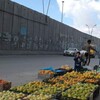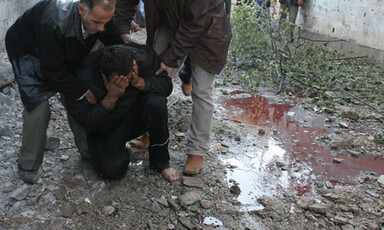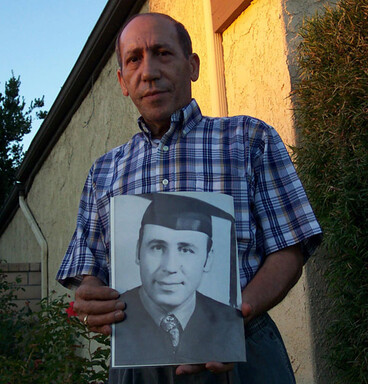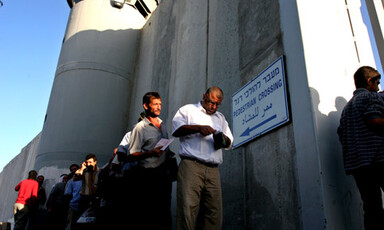
UNRWA inaugurates 40 new shelters for Palestine refugees in Ein el-Tal Camp, Aleppo, Syria
6 December 2006
Greeted by community representatives, the Head of the Middle East Section at the Canadian International Development Agency (CIDA) in Ottawa, Ms. Lise Filietrault arrived in Ein el-Tal camp on 6 December for a hand-over ceremony of 40 housing units to Palestine refugee families who have been living in World War II Army barracks in Neirab camp, Aleppo for nearly 56 years. “Thanks to our donors and the strong support of the Syrian Government, UNRWA can help the refugees in Neirab camp with better accommodation and also raise the overall standard of living for the Palestine refugee communities both in Ein el-Tal and in Neirab”, Director of UNRWA Affairs in Syria Panos Moumtzis, told the audience. Read more about UNRWA inaugurates 40 new shelters for Palestine refugees in Ein el-Tal Camp, Aleppo, Syria








